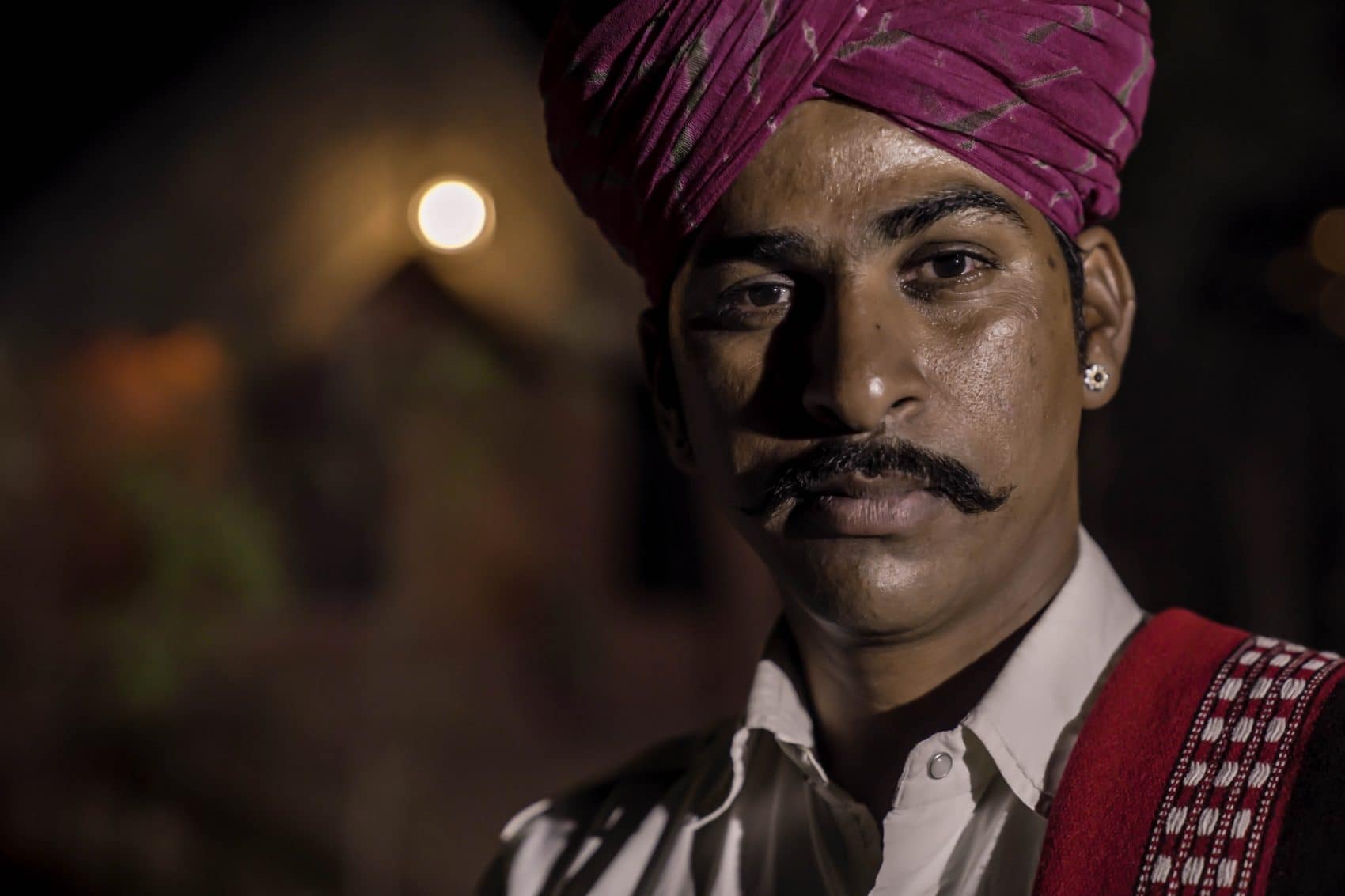
UNDYING PASSION FOR MUSIC
Passion, they say is a great energizer. We are wired in such a way that many times passion and purpose comes together. Kailash Khan is a young folk music artiste. The 25-year-old is passionate and proud to be identified by this genre. His undying passion for the Rajasthani folk music is a contrast of what people his age prefer.
Kailash khan and others in his group are manganiyar. Muslims themselves, their patrons are largely Hindu Rajputs. They are renowned as highly skilled folk musicians of the Thar desert. Their songs are passed on from generation to generation as a form of an oral history of the desert. In his own words,” The culture of Rajasthan has been recorded through songs. When we are playing folk music, we are telling stories, stories that speak to the human conditions, stories that tell us who we are, stories riddled with anecdotes of love with all its complexities and simplicities. These stories define us as a community. They help us relate to each other.” It is said that on occasion in the Rajput family is ever complete without a Manganiyar. Be it birth, marriage, family festivity, the manganiyars would help evoke the right mood with songs that have a flair of Rajasthan and many specially composed songs to praise the patron and his family.
—
—
Influenced by family traditions and his elders, Kailash khan has been singing since he was a child. He formed his group six years ago. The six group members are from his family itself. They have adapted themselves to play all kinds of instruments. Harmonium, khartaal, Bhapang, Dholak find common use in their performances. Kailash Khan plays the Harmonium which he learnt and developed an affinity towards while he was in school.
He takes pride in the fact that he is related to Daapu Ji- the revered Khamaicha player who is today a sensation and an inspiration among Rajasthani folk musicians. Showing the same dedication and commitment, he aspires to take folk music and the values they represent to a bigger platform. Through his hard work, he has been able to get his group to perform in many notable Indian states and events. Punjab, Mumbai, Delhi, Haryana, Gujarat are a few to name. Within Rajasthan, he has displayed his talent in Udaipur and Jaisalmer. He is nostalgic as he recalls his first performance in Ghuri Resort in Jaisalmer. He believes that their network grew as a result of performing for guests at those resorts. People after listening to him would ask him to sing at their family events and this is when he decided to form his own group.
Like any other professional singer he has an generous understanding of ragas. Khamaj Raga is immensely used in their music. He says that tradition calls for the beginning of every performance in khamaj raga. When asked about how he learn songs, old and new, his answer is simple. To them, he says, the need to write and then learn songs was never required. Music is so deeply ingrained in their lives that just as little as listening to their elders sing once or twice is enough for them to follow up. However, he feels that technology today has found purpose and use in all fields and as an aspiring artist he doesn’t shy away from deviating from the traditional methods of learning music and using tech and social media to his benefit. They appreciate the fact that technology has made it easy for them to expand their repertoire in folk music.
Besides singing the traditional old folk songs, this young artist has penned down a few songs of his own and composed rhythms and tunes for others. He claims that there are few songs that only he can sing in his community. Reciting Shiv Tandav, which is a Hindu hymn that describes God Shiva’s power and beauty, is one of his speciality. This is satisfying to observe that though they are Muslims, many of their songs are in praise of Hindu deities where the performer traditionally invokes the Gods and seek their blessing before the recital.
Despite everything, he exclaims that more needs to be done to attract youth towards traditional music. According to him, the youth are the key in the preservation of folk music. This calls for creating space for young talented Rajasthani musicians to keep old-age traditions fresh, but also relevant through music. Although many children come to him to learn music, he feels that the rush towards modernity is dwindling their interest. With more people looking up to Bollywood and western music, their audience and patronage are slacking. With most of his family members being solely into music, they want to build their art into something more sustainable.
Kailash khan envisions a bright future for his group. “ money is not an incentive, I want to take my traditions forward. We want people to see what we do and like it enough. That will truly be encouraging.”
We can’t agree more on the fact that their culture is very rich but some people are clueless about it. This is the time to know deeply about Indian culture through different mediums that are sustainable. Through loving and showing pride in it, the world will come to know of it too.
